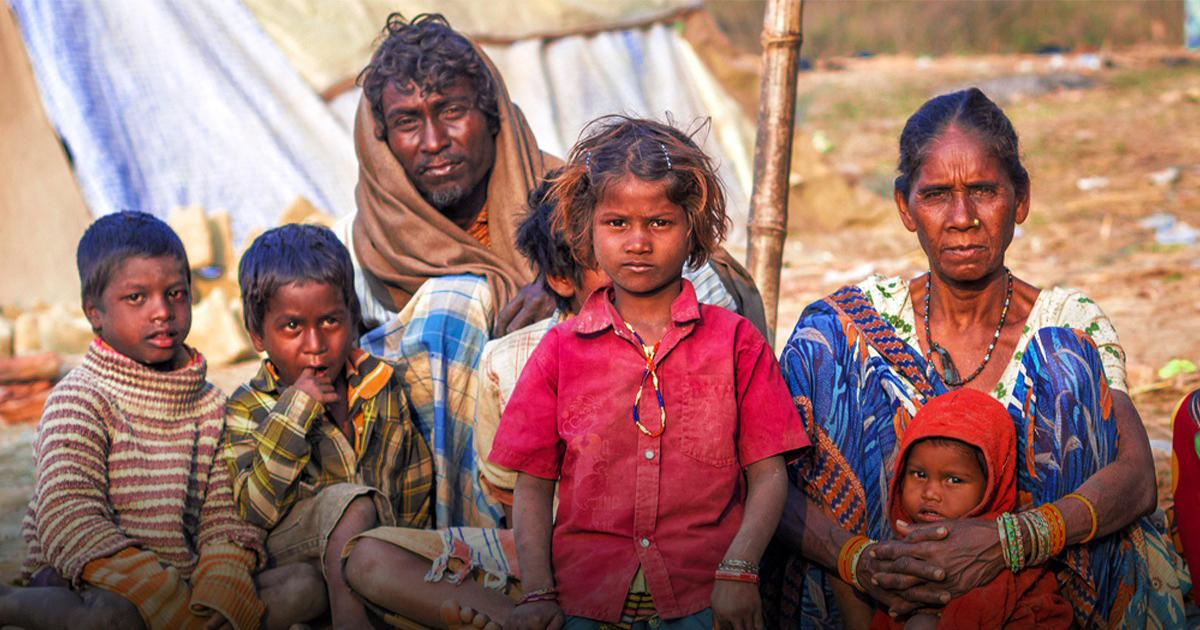Poverty is a complex, multifaceted issue that affects millions of people across India. At Tinka Foundation, we believe that in order to break the cycle of poverty and create lasting change, we must adopt a holistic approach to development that addresses the underlying causes and interconnected dimensions of poverty. In this blog, we will discuss the various components of our holistic approach to sustainable development and explain how they work together to empower individuals and communities to lift themselves out of poverty.
Education: The Foundation for Change
Access to quality education is a fundamental human right and a key driver of sustainable development. Education empowers individuals to make informed decisions, access better opportunities, and contribute to their communities’ social and economic growth. Recognizing the transformative power of education, Tinka Foundation has made it a cornerstone of our poverty alleviation efforts.
Our educational initiatives focus on providing resources and support to underserved communities, ensuring that children and adults alike have access to the tools they need to learn and grow. We work closely with local schools, community centers, and other partners to deliver a range of programs, from early childhood education to adult literacy classes.
Healthcare: Building Healthy Communities
Good health is essential for individuals to lead productive lives and escape poverty. Unfortunately, millions of people in India lack access to basic healthcare services, leading to preventable illnesses and high mortality rates. Tinka Foundation is committed to improving the health and well-being of impoverished communities by providing access to quality healthcare services, promoting health awareness, and addressing the root causes of poor health.
Our healthcare initiatives include mobile clinics, health camps, and community health worker programs, which deliver essential services such as immunizations, prenatal care, and disease prevention education. By focusing on preventive and primary care, we aim to reduce the burden of disease in vulnerable communities and empower individuals to lead healthier, more productive lives.
Economic Empowerment: Fostering Self-Sufficiency
Economic empowerment is crucial for breaking the cycle of poverty, as it enables individuals to become self-sufficient and provide for their families. Tinka Foundation’s economic empowerment programs focus on providing individuals with the skills, resources, and opportunities they need to achieve financial independence and contribute to their communities’ economic growth.
Our initiatives include vocational training, microfinance, and entrepreneurship development programs, which equip participants with the skills and knowledge they need to start their own businesses or secure stable employment. By fostering economic self-sufficiency, we empower individuals to lift themselves and their families out of poverty and create a brighter future for their communities.
Gender Equality: Empowering Women and Girls
Gender equality is not only a fundamental human right, but also a key driver of sustainable development. When women and girls are empowered to participate fully in society, they can contribute significantly to the social and economic growth of their communities. Tinka Foundation is committed to promoting gender equality and empowering women and girls through targeted interventions and advocacy.
Our gender equality initiatives include programs aimed at promoting girls’ education, reducing gender-based violence, and supporting women’s economic empowerment. By addressing the unique barriers faced by women and girls, we can help create a more just and equitable society where everyone has the opportunity to thrive.
Environmental Sustainability: Safeguarding Our Planet for Future Generations
At Tinka Foundation, we recognize that sustainable development cannot be achieved without addressing the critical issue of environmental sustainability. Climate change, deforestation, and pollution all pose significant threats to the well-being of current and future generations, and disproportionately affect impoverished communities.
Our environmental sustainability initiatives focus on promoting conservation, raising awareness about environmental issues, and empowering communities to adopt sustainable practices. We work closely with local partners to implement community-based natural resource management projects, promote sustainable agriculture, and support climate change adaptation and mitigation efforts.
